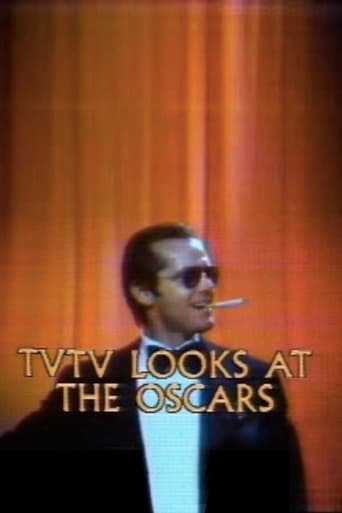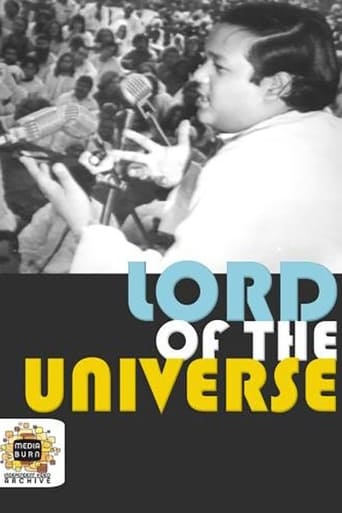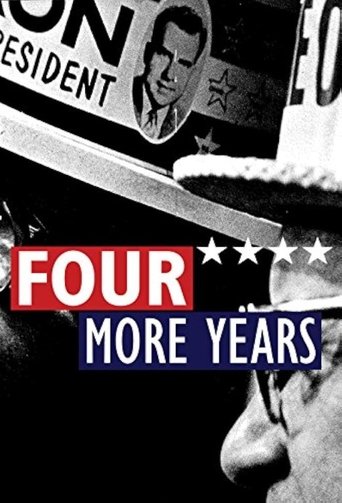TVTV Looks at the Oscars 1976
Made in 1976, TVTV's close-up look at Hollywood's annual awards ritual mixes irreverent documentary with deadpan comedy. TVTV's cameras go behind the scenes to follow major Hollywood figures (including Steven Spielberg, Michael Douglas, Lee Grant, Jack Nicholson, and many others), capturing them in candid moments—inside their limousines, dressing for the ceremony, backstage at the awards.




